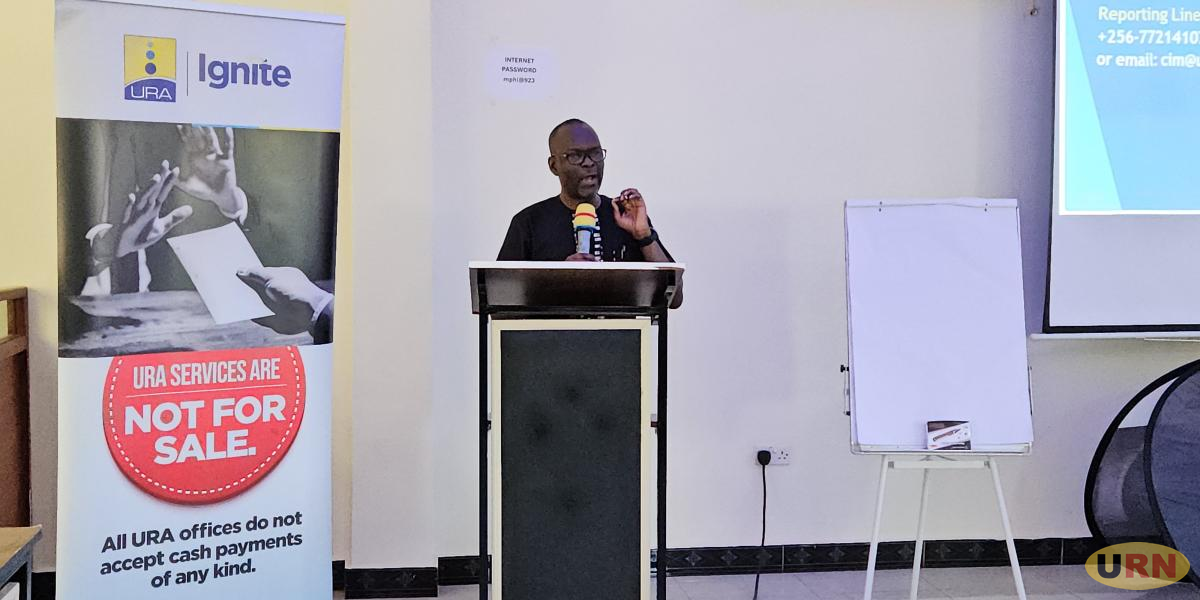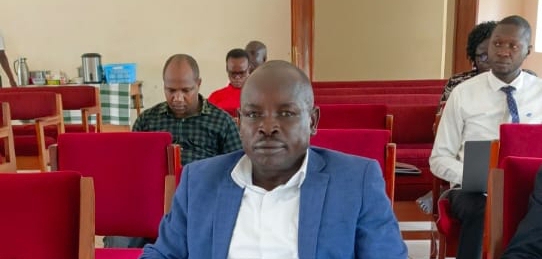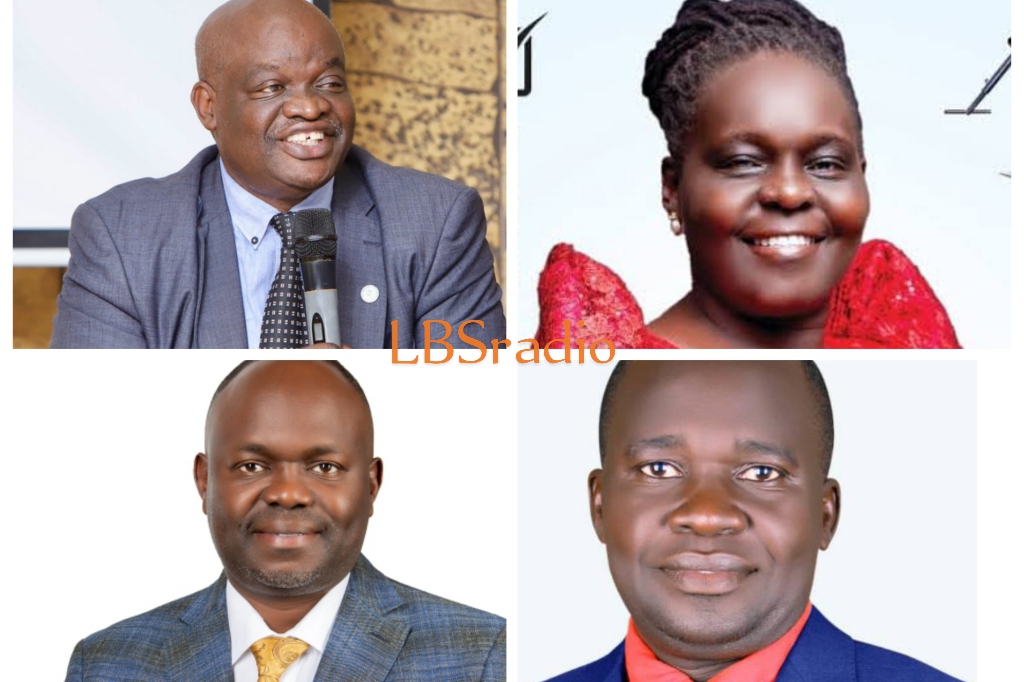The Uganda Revenue Authority (URA) has admitted that some of its staff engage in corruption, fraud, and extortion of clients.
The acknowledgment came during the Regional Integrity Forum, held under the theme: “Building a culture of integrity for sustainable revenue mobilization.”
In his opening remarks, John Musinguzi Rujoki, URA Commissioner General, whose speech was read by James Abola, Assistant Commissioner, confirmed that there are individuals among URA staff who exploit the system to defraud taxpayers.
He explained: “You find that the person is working as a URA staff by day, but at night and on weekends they work as a tax agent. Now, which client are you going to support? Are you going to support the interest of the client who pays your salary, or are you going to support the interest of the client who pays your fees?”
He quickly added that the authority is taking steps to eliminate the vice. “URA has put in place several measures to combat corruption and enhance integrity.”
“And we would like to make the cost of corruption very, very high. Similarly, many taxpayers and tax agents found to be involved in invoice trading were also prosecuted in court,” Rujoki said.
Since 2020, URA has maintained a dedicated division to fight corruption and strengthen integrity in its operations. Policies guiding staff conduct have been implemented to ensure proper compliance at all levels.
He further explained that corruption is often initiated by taxpayers, particularly importers, and facilitated by staff who create opportunities for misconduct. Responding to several taxpayer testimonies, Abola also blamed taxpayers for contributing to the vice by offering bribes or freebies.
In the 2024/25 financial year, URA collected UGX 31.6 trillion, slightly exceeding its target of UGX 31.3 trillion. This financial year, the authority has set a collection target of UGX 40 trillion, representing a significant increase from the previous year.
However, some traders and experts have questioned the feasibility of this target. David Opio Okello, former Deputy Governor at the Bank of Uganda, cautioned that efforts to achieve such a high target may negatively impact taxpayers.
Okello said, “In the boards I’ve served on, targets are passed from the board to departments and units, and there are always consequences for failure. I feel URA passes these targets to taxpayers—if they do not achieve them, what happens to them?” Meanwhile, Dickens Ogwal from the Lango Civil Society Network emphasized that integrity is a collective responsibility. “When you are here, you serve many teaspoons, because it’s free sugar, because you’re in a workshop. At home, because of the economy, you only put one. These are integrity features,” he said.
He urged URA to “clean its house” so that taxpayers willingly comply.
Ogwal added, “If we trust that our tax collectors are putting the money to good use, people will be willing to pay taxes. In Scandinavian countries, a person calls URA and knows the money collected is reflected in schools, roads, and hospitals.”
SOURCE: Uganda Radio Network












